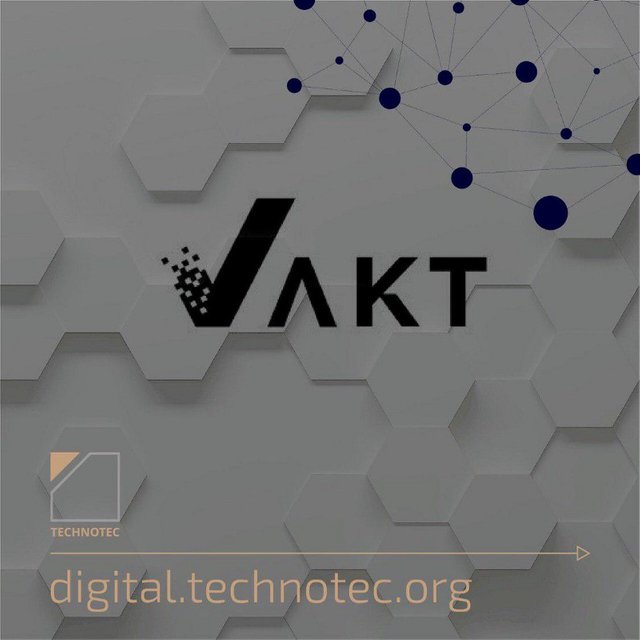The largest representatives of the fuel and energy sphere, including Shell and BP, announced the completion of work on the first trading blockchain platform VAKT, designed to reduce costs for the contracts on the supply of hydrocarbons.
The necessity of creating a blockchain platform for trading hydrocarbons have been discussed for a long time. Smart contracts and distributed data storage technology promised oil and gas companies an significant reduction in costs at least by getting rid of paper documents. The VAKT platform was the first really working solution in this area.
The trading blockchain platform VAKT was put into operation at the end of last year and at the moment it is available only to members of VAKT Global consortium, which developed it to serve in its own interests. In addition to the above-mentioned Shell and BP, VAKT Global includes Norwegian Equinor, Mercuria Energy Group, Koch Supply and Trading and Gunvor. The largest shareholders of VAKT Global are such banks as ABN Amro, ING and Societe Generale. It is expected that the other companies will be able to access the platform in the first quarter of 2019.
From the user’s point of view, VAKT is indeed a very useful mean that can significantly improve the efficiency of energy trade. The use of blockchain technology solves the problem of storing huge amounts of information, tracking transactions and transaction security. But the main goal of VAKT is to help the subjects of the oil and gas market to get rid of paper documents by switching to smart contracts. This alone will significantly reduce transaction costs, save the industry from unnecessary mistakes and increase business efficiency.
It is early to talk about the actual results of the trading platform, but the developers of VAKT are sure that their product is able to provide companies with a cost reduction of up to 40 percent.
VAKT became the first trading blockchain platform for to the subjects of the oil and gas sector of the economy, but not the only one. In a short time, there also will be IBM and ING. And this is just the beginning! According to analysts, there will be a real revolution in the next 5–10 years on the raw materials market of fossil hydrocarbons which will be connected with the transition of oil and gas producers to decentralized platforms. This will allow them on the one hand to reduce costs, on the other to increase investment activity, including in the sphere of exploration and development of new fields. In such circumstances, the Russian subjects of the fuel and energy sphere should follow the experience of foreign colleagues as closely as possible and prepare their decentralized solutions in order to have a response to partner competitors’ solutions.
